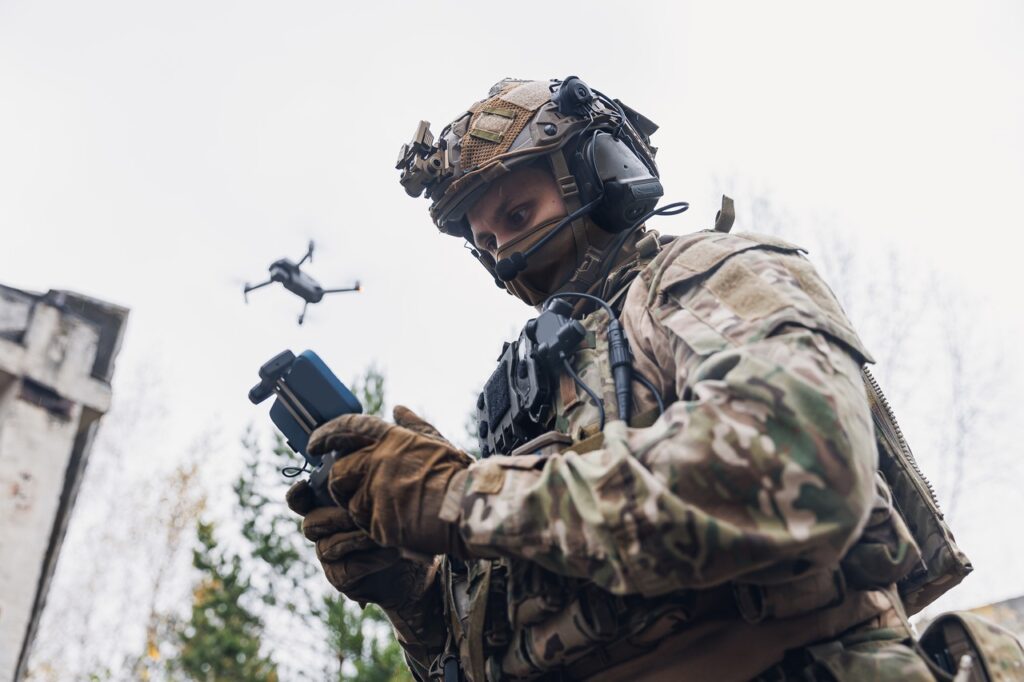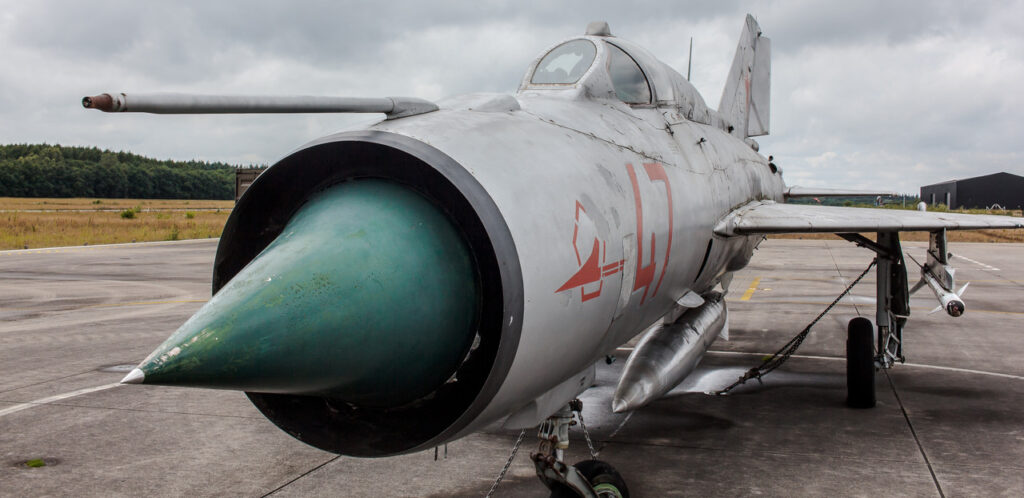
The Army Wants a “Coyote Kamikaze Drone” for 1 Reason
Key point: Successful drone and missile attacks have left the Pentagon looking for better counter measures.
WASHINGTON – The attack on two major Saudi oil plants by low-flying drones in September highlighted an emerging vulnerability of long-range missile defenses: The attacking drones evaded Patriot PAC-2 surface-to-air missile batteries to reach their targets. Continue reading original article
The Military & Aerospace Electronics take:
23 Oct. 2019 — As the Army rebuilds short-range air defense capabilities, long ignored in favor of long-range systems, the service also is looking to integrate counter-drone capabilities into existing Patriot ground-to-air missile systems.
Specifically, Army experts are building into the picture Raytheon’s Howler counter-unmanned aerial vehicle (UAV) configuration, which includes the Coyote “Kamikaze drone,” an expendable UAV that can locate and destroy enemy drones, and the Ku band radio frequency system multi-mission simultaneous radar, or KuRFS, which can acquire and track drones of all sizes.
The Army is already employing the Howler, which reached initial operational capability in June after a development and fielding window of just 17 months. The system is capable of intercepting Group 1 and Group 2 drones, including systems up to 55 pounds, capable of operating at altitudes of up to 3,500 feet.
This article by John Keller originally appeared on Military & Aerospace Electronics in 2019.
Image: Raytheon.


